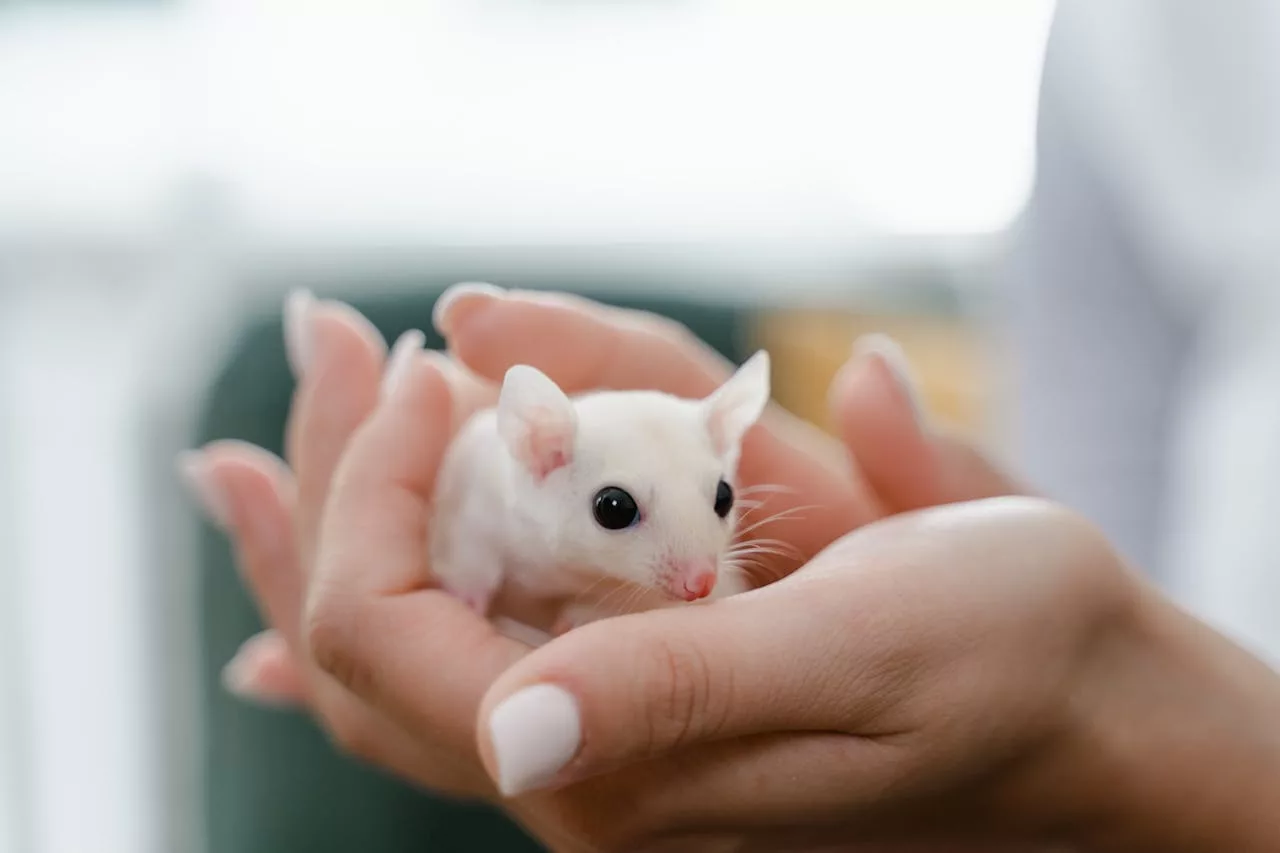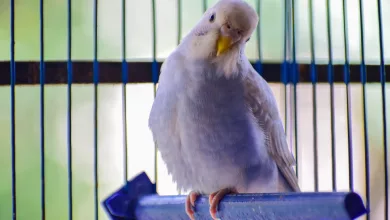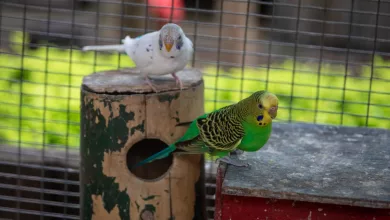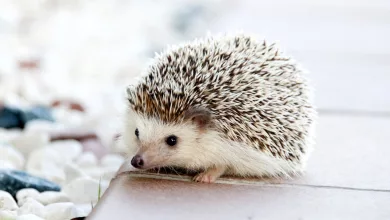Rodents often get a bad rap, but mice, rats, and hamsters make excellent pets when given the right care. They’re smart, curious, and surprisingly affectionate. Whether you’re a first-time pet owner or adding to your furry family, here’s what you need to know to keep these tiny companions healthy and happy.
Choose the Right Rodent
-
Mice are active, social creatures that do best in small same-sex groups. They’re fun to watch and easy to handle with some patience.
-
Rats are the most intelligent of the bunch. They can learn tricks, solve puzzles, and bond closely with their humans. Keep them in same-sex pairs or small groups for mental stimulation.
-
Hamsters tend to be more solitary, especially Syrian hamsters, which should always be housed alone. They’re nocturnal and enjoy tunneling and burrowing.
Housing Matters
Each species needs a species-appropriate setup.
-
Size: Go bigger than the pet store recommends. A single hamster needs at least 450 square inches of unbroken floor space. Rats need multi-level cages with climbing opportunities. Mice love horizontal space to run.
-
Bedding: Avoid cedar or pine shavings. Go for paper-based bedding or aspen for odor control and safety.
-
Enrichment: Include tunnels, chew toys, hideouts, and exercise wheels (solid surface only to avoid injury).
Feeding Basics
A balanced diet is essential. Commercial food blocks or pellets should make up the bulk of their diet, not seed mixes.
-
Mice and Rats: Supplement with fresh fruits, vegetables, grains, and occasional lean protein like boiled egg or chicken.
-
Hamsters: Offer small amounts of fresh food, but avoid anything too watery (like citrus or cucumber) that can upset their digestion.
Always provide fresh water in a bottle with a metal spout, and check it daily.
Handling and Bonding
Start slow. Let your rodent get used to your voice and scent. Offer treats from your hand. Gradually work up to gentle handling.
-
Rats often warm up quickly and enjoy being on your shoulder or exploring your room under supervision.
-
Hamsters can be grumpy if woken up, so approach them when they’re already active.
-
Mice are fast and squirmy, so it takes a little more patience to build trust.
Health and Hygiene
Keep the cage clean by spot-cleaning daily and doing a full clean once a week. Watch for signs of illness: weight loss, discharge from eyes or nose, wheezing, or lethargy. Rodents hide illness well, so act fast if you notice something off.
Make sure their nails aren’t overgrown, and provide chew toys to keep their teeth trimmed.
Conclusion
Mice, rats, and hamsters might be small, but they bring big joy. They’re low-maintenance compared to cats or dogs, but they still need thoughtful care, stimulation, and attention. Set them up with a safe, enriched environment, feed them well, and take time to bond. In return, you’ll get a smart, entertaining, and lovable companion who deserves just as much respect as any larger pet.




